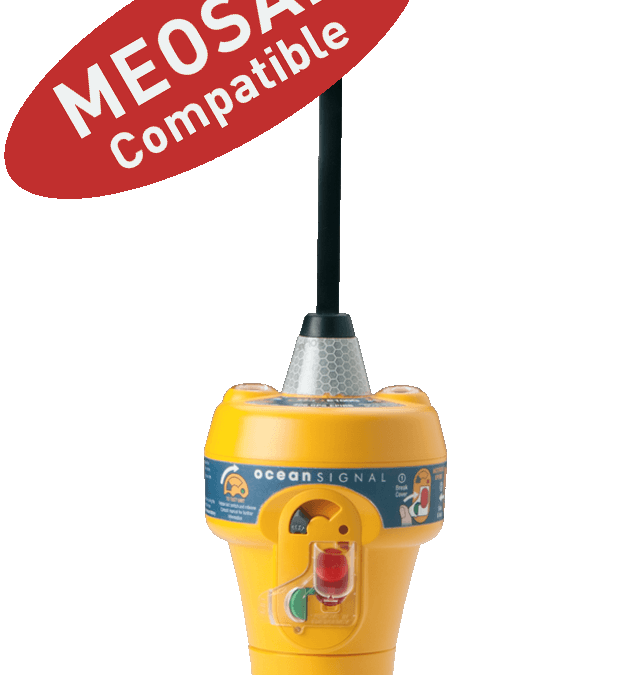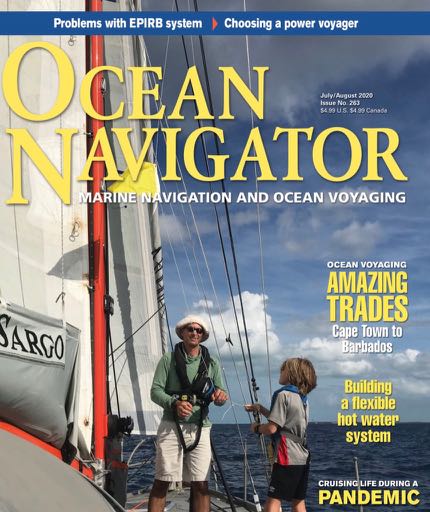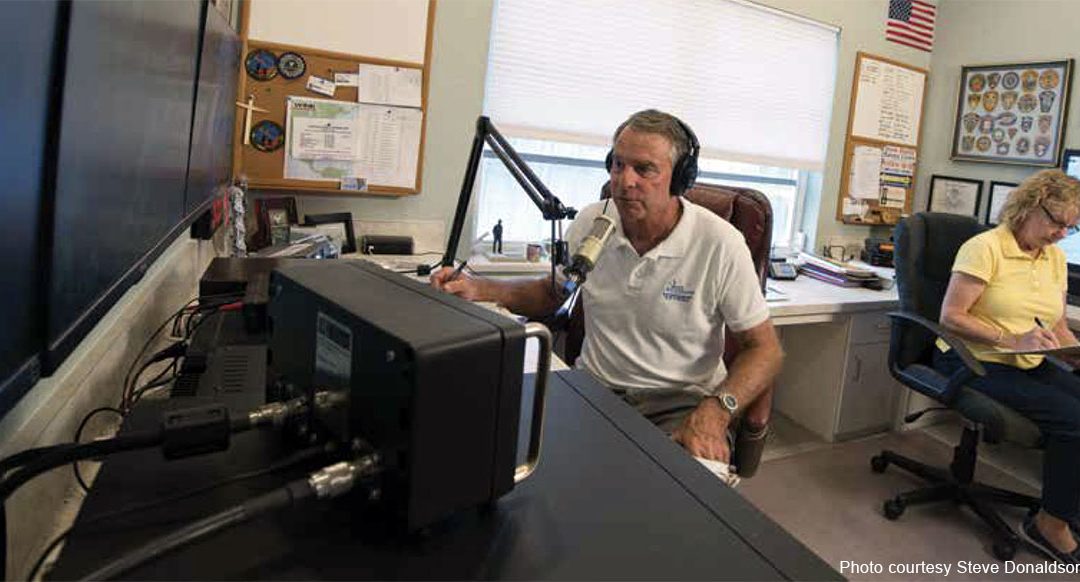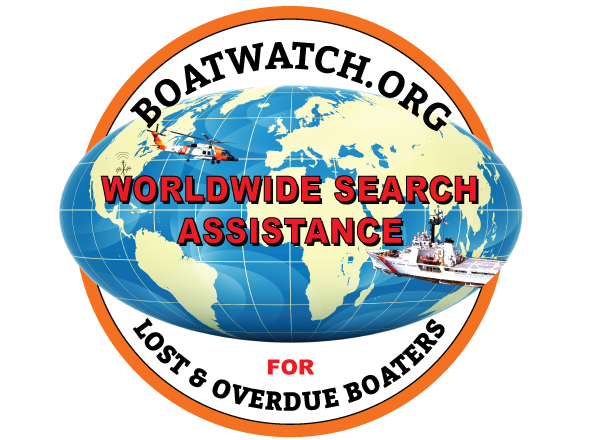Safety at Sea News
The mission of BoatWatch.org is to maintain a worldwide network of resources to aid mariners that are missing or overdue; have a boat stolen; or to whom urgent messages need to be relayed.
Safety at Sea News

Ocean Signal SafeSea E100 and E100G Emergency Position-Indicating Radio Beacons.
SERVICE INFORMATION LETTER E100/E100G self-test and Exchange process Ocean Signal SafeSea E100/E100G EPIRB (2020-06-10) SUBJECT: Required Safety Check and Self Testing of Ocean Signal E100/E100G Emergency Position-Indicating Radio Beacons (EPIRBs) SUMMARY: Ocean Signal Ltd. is continually...
Watch The Resurgence Of Amateur Radio – A Silver Lining Of COVID-19
July 20, 2020 by gCaptain Today’s Global Maritime Distress and Safety System (GMDSS) regulations requires that every ship carry old-school HF radiotelephone and radiotelex equipment but, traditional radio is rarely used aboard ship. The problem is twofold. Today’s satellites are more convenient...

Problems In The Emergency Beacon Network
Ocean Navigator Magazine JULY/AUGUST 2020 MARINE TECH NOTES Problems in the emergency beacon network BY TIM QUEENEY When voyagers purchase and register an EPIRB, they have a reasonable expectation that should they activate the beacon, the Sarsat system will swing into gear and rescue them. And in...
SSCA TRANSATLANTIC CRUISERS NET WILL RESUME OPERATION MAY 4, 2020
SSCA TRANSATLANTIC CRUISERS NET WILL RESUME OPERATION 04 MAY 2020 Commencing 04 May at 2100 hrs. UTC or 1700 hrs. Eastern Time, four U.S. based FCC Coastal Maritime Stations will resume operation of the SSCA Trans-Atlantic Cruisers Net. As last year, which we found to work out very well, we...

Ocean Navigator magazine features BoatWatch.org
SSCA HF radio service teams with Caribbean Safety and Security Net, Boatwatch.org To the editor: When I was asked to join the board of directors of the SSCA in 2015, I asked myself, “How can I combine my passions, cruising and radio communications, and serve SSCA?” I realized that perhaps I could...
How do the U.S. Coast Guard, SeaTow and Vessel Assist respond to distress calls?
Under what circumstances will the Coast Guard respond to a call rather than deferring to a commercial service? And, does the U.S. Coast Guard ever charge a fee for responding to a distress call? Coast Guard fees are established by federal statute. For the most part these fees are limited to documentation services, vessel inspection and mariner licensing. However, it does not charge a fee to render assistance to a vessel at sea.
Understanding Emergency Notification Devices
Planning to sail to the US, Europe, or the Caribbean? Before heading out, give thought to your emergency notification devices.
In an offshore emergency, Emergency Position Indicating Radio Beacons (EPIRBs), Personal Locator Beacons (PLBs) and Satellite Emergency Locator Devices with SOS functions such as Garmin InReach, SPOT, Globalstar and others, are viable emergency notification devices.
